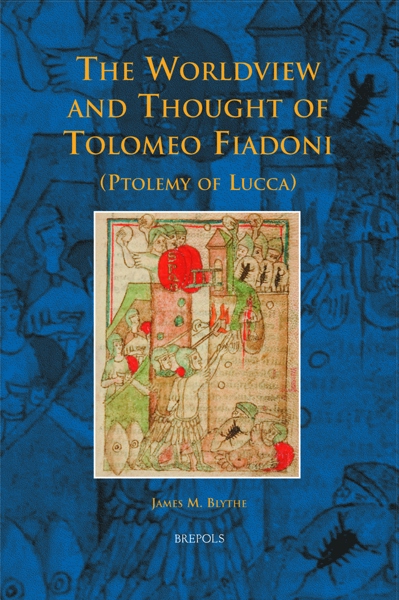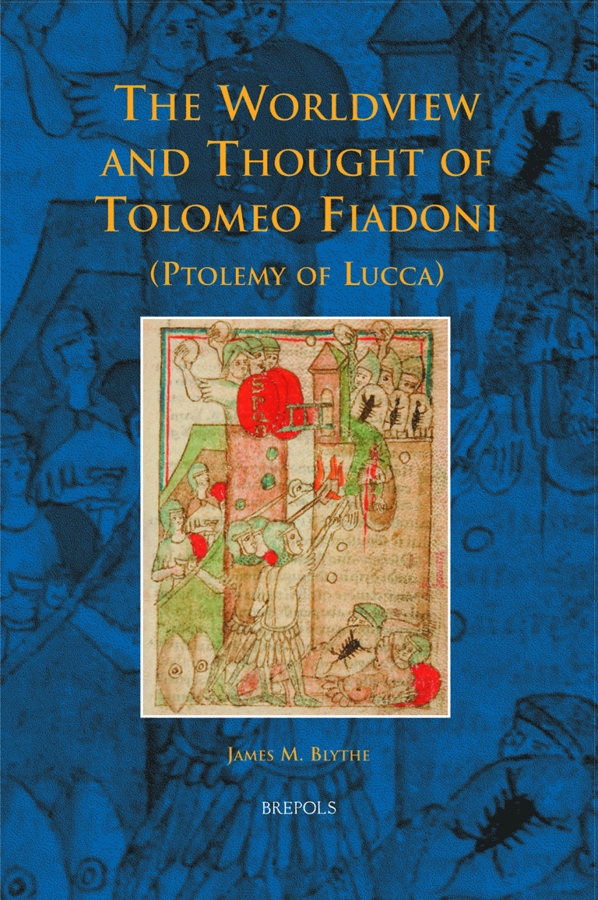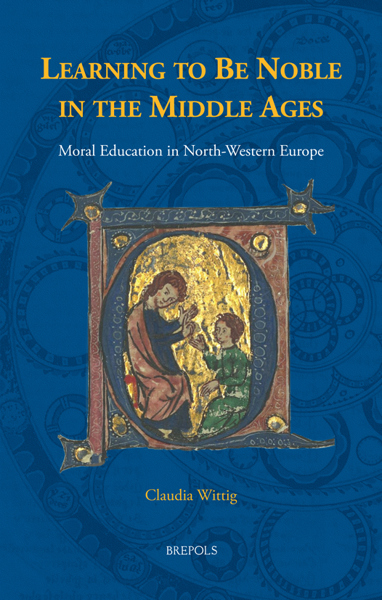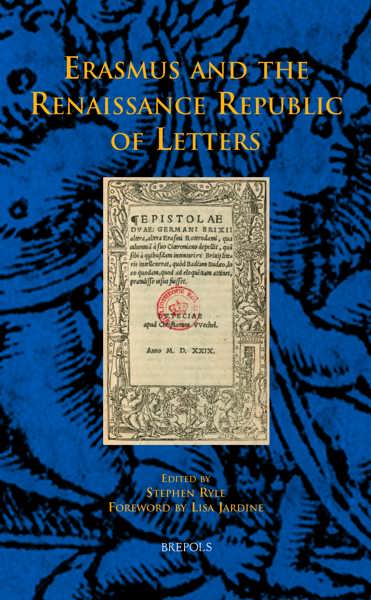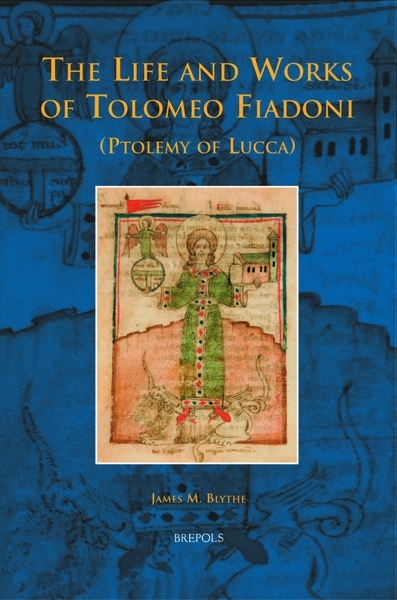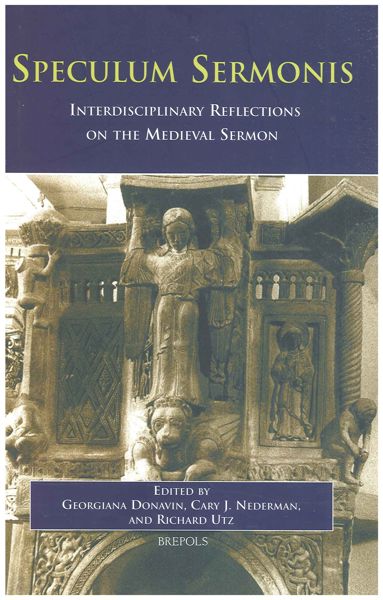
The Worldview and Thought of Tolomeo Fiadoni (Ptolemy of Lucca)
James M. Blythe
- Pages: 276 p.
- Size:156 x 234 mm
- Illustrations:1 b/w
- Language(s):English, Latin
- Publication Year:2009
- € 35,00 EXCL. VAT RETAIL PRICE
- ISBN: 978-2-503-52926-4
- Hardback
- Available
- € 35,00 EXCL. VAT RETAIL PRICE
- ISBN: 978-2-503-55816-5
- E-book
- Available
"In sum, whatever reason brings scholars to Tolomeo, and regardless of whether all end up agreeing with the finer details of Blythe's arguments, all will be thankful for the accessible and readable works he has given us. They are likely to remain the starting point for future studies of Tolomeo for some time to come." (Jonathan Robinson, in The Medieval Review, 11.04.06)
"Anyone who studies medieval intellectual history, in particular those who are interested in the relationship between Augustinianism and Aristotelianism or the medieval origins of Renaissance republicanism, cannot afford to miss these works of exemplary historical scholarship." (Takashi Shogimen, in Parergon 27.2, 2010, p. 209)
"Sie sollten in wissenschaftlichen Bibliotheken vorhanden sein und sind es wert konsultiert zu werden." (J. Miethke, in: Francia Online, 2010/3)
"Blythe's recent two volumes published in the Disputatio series will become a standard introductory reference for their breadth of material and meticulous attention to the prospects and problems introduced by this intriguing Luccan thinker." (Evan Kuehn, in: Mediaevistik, vol. 24, 2011, p. 562)
Blythe explores various tensions in Tolomeo’s work that are often overlooked in scholarly treatments of him, and which derive from cultural preconceptions and the diverse influences on him: Aristotle, Augustine, apologists for papal power, his life in the Dominican Order, his educational experience with Thomas Aquinas, and his social position as a member of Northern Italy’s ruling class. These factors exerted contradictory influences on Tolomeo and led him to a sometimes unsuccessful intellectual struggle for consistency. This book is the first full-length study of Tolomeo’s thought and it gives full consideration not only to the political writings for which he is most known, but also to his historical and exegetical works. It is the companion to The Life and Works of Tolomeo Fiadoni (Ptolemy of Lucca).
